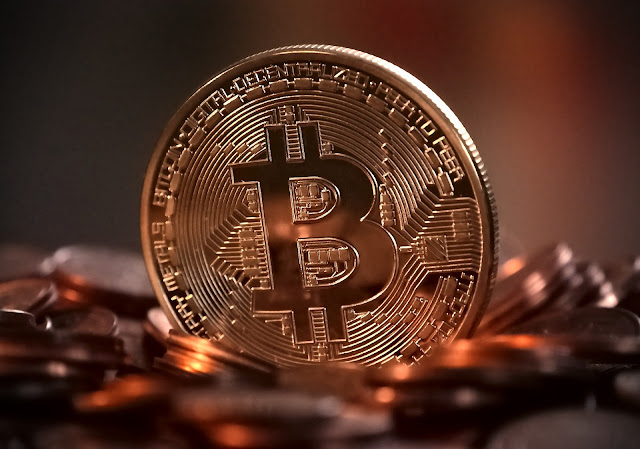A Comprehensive Glossary of Cryptocurrency Terms and Concepts" details of crypto currency terms used .
Decentralized: refers to a system where power is distributed among multiple nodes, rather than being controlled by a single central authority.
Blockchain: a decentralized digital ledger that records transactions in a secure and transparent manner.
Cryptography: the practice of securing communication and transactions by encoding information to prevent unauthorized access.
Digital asset: a representation of value in a digital form that can be stored, traded, and transferred over a network.
Volatility: refers to the rapid changes in the price of a particular asset, often caused by changes in market demand or supply.
Wallet: a digital platform that allows users to store, manage, and transfer digital assets.
Mining: the process of verifying and adding transactions to a blockchain network, which earns rewards for the miner.
Hash rate: a measure of the computing power of a blockchain network, used to secure the network and process transactions.
Public ledger: a publicly accessible and transparent ledger of all transactions in a blockchain network.
Cryptocurrency exchange: a platform that allows users to buy, sell, and trade different types of cryptocurrencies.
Altcoin: any cryptocurrency other than Bitcoin.
Initial Coin Offering (ICO): a fundraising event where a new cryptocurrency project sells a portion of its tokens in exchange for investment.
Token: a unit of value that represents an asset, such as a cryptocurrency, in a blockchain network.
Smart contract: a self-executing contract with the terms of the agreement between buyer and seller being directly written into lines of code.
FOMO (Fear of Missing Out): the fear of missing out on a potentially profitable opportunity.
HODL (Hold On for Dear Life): a term used by cryptocurrency investors to indicate that they are holding onto their assets, despite market volatility.
DApp (Decentralized Application): a software application that runs on a blockchain network, allowing users to interact with decentralized systems.
NFT (Non-Fungible Token): a type of digital asset that represents a unique item, such as a piece of artwork or collectible, on a blockchain network.
Security token: a type of token that represents ownership in an asset, such as real estate or stock.
Liquidity: refers to the ease with which an asset can be bought or sold in the market, without affecting its price.
Market cap: the total value of a cryptocurrency, calculated by multiplying its current price by the total number of tokens in circulation.
Airdrop: the process of giving away tokens for free to a large number of people to promote a new project or cryptocurrency.
Stablecoin: a cryptocurrency designed to have a stable value, often pegged to a fiat currency or a basket of assets.
Bear market: a market characterized by a downward trend in asset prices.
Bull market: a market characterized by an upward trend in asset prices.



Comments
Post a Comment